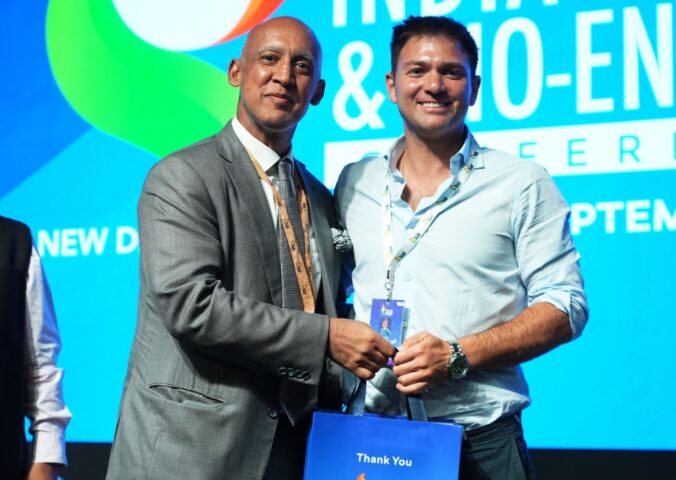In Wales, primary school children are set to take part in classes that will teach them all about alternative proteins. Plant-based foods will be included in the educational workshops, led by researchers and teachers, but another key focus will be edible insects.
As awareness grows around the environmental and ethical issues associated with eating meat, brands and scientists are increasingly backing alternative protein sources. This has led to a boom in plant-based meat products (the market is predicted to reach more than $24 billion by 2030). But has also led some to explore the world of edible insects, which are also considered sustainable to farm.
Farming crickets, for example, uses 75 percent less carbon dioxide and 50 percent less water than farming poultry.
It’s worth noting that eating insects isn’t new. In a number of African countries, including Uganda, Zambia, and Nigeria, people have eaten insects for centuries. And Mexico, Brazil, and Thailand are among a number of countries where eating insects is normal. In fact, around two billion people around the world eat insects regularly.
Is it ethical to eat bugs?
But while bugs are a more sustainable form of protein, not everyone agrees that eating them is ethical. Several studies have shown that insects have the potential to feel and suffer.
In 2016, one study published in the Proceedings of the National Academy of Sciences, for example, suggested that insects have the beginning of consciousness. It noted that they are motivated by subjective experience.
Another study in 2019 found that, like humans, insects can feel chronic pain.
Greg Neely, a co-author of the study who works at the University of Sydney, said at the time: “After the animal is hurt once badly, they are hypersensitive and try to protect themselves for the rest of their lives. That’s kind of cool and intuitive.”
Understanding food production
Four primary schools are taking part in the new trial, and the children may get to try edible insects for themselves.
Roch Community Primary School is one of the participants. Headteacher Carl Evans told Metro that the workshops will help children understand alternative protein options.
He said: “There is an important connection between our local community, food production, and wider global issues surrounding sustainable development. These issues are important to children, but also difficult to make sense of and can often be confusing for them.”






